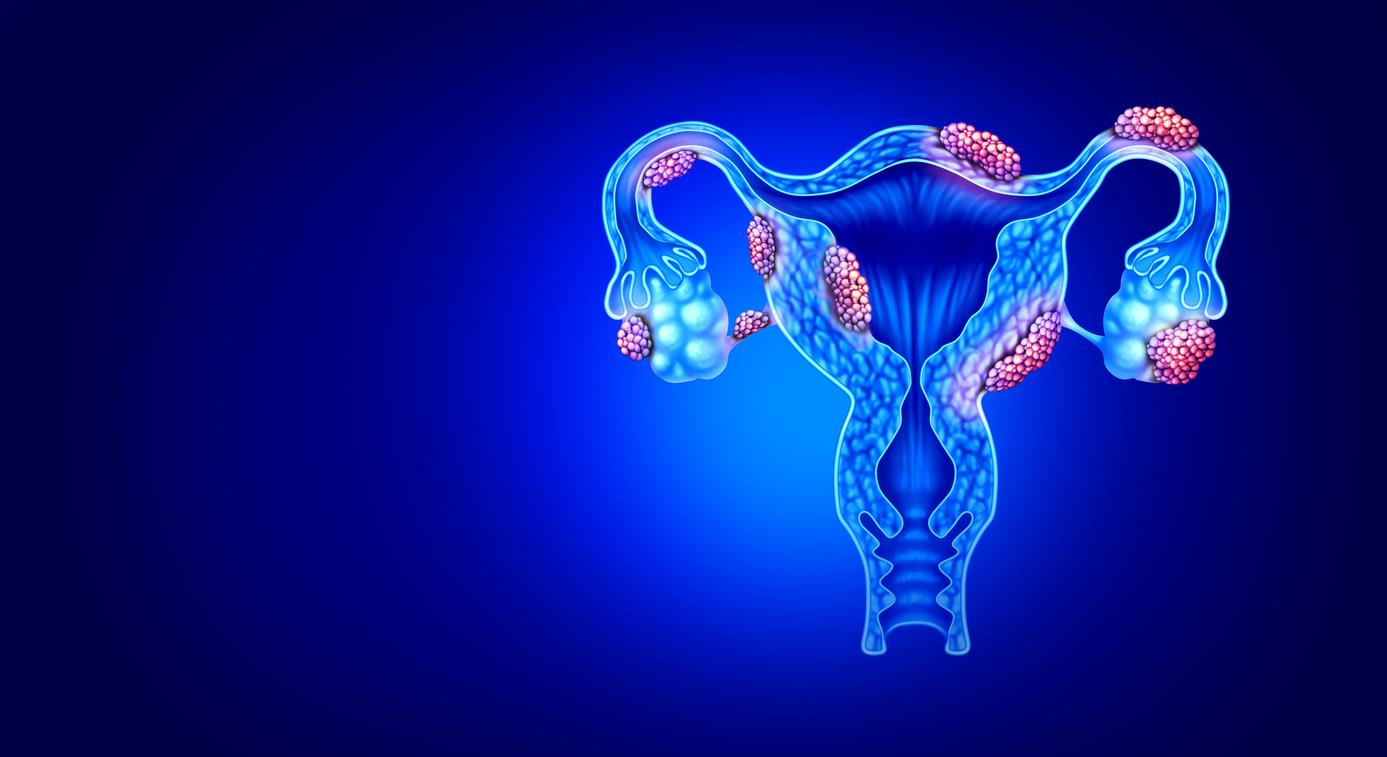
DRUMMONDVILLE (PasseportSanté.net) October 31, 2005 – Chronic pain has an important psychological dimension that cannot be overlooked when the time comes to treat it.
This is what Dr Pierre Arsenault as part of the 8e National conference on alternative and complementary medicine, held in Drummondville1. Doctor attached to the Pain Clinic of the Center hospitalier de l’Université de Sherbrooke (CHUS), Dr Arsenault stressed that chronic pain must now be treated in a comprehensive way, especially since conventional medicine is powerless to provide long-term relief to patients.
Even more, chronic pain is itself responsible for 30% to 40% of cases of depression. How? ‘Or’ What? “The pain disrupts sleep to the point of severely limiting its restorative functions,” he explains. Chronic fatigue sets in, making the patient inactive, a condition that can cause depression. In turn, this induces pain, because it inhibits resistance on the mental and physical levels ”, specifies Dr Arsenault.
Promising therapies
The pain experienced varies from person to person due to this psychological dimension. Hence the importance of the quality of the therapeutic relationship. “The doctor-patient relationship can make a difference and can be very effective: we do not treat the pain of a Catholic in the same way as that of a Jew or a Muslim”, illustrates Dr Arsenault. (See table below.)
Among the therapies that show promise, body-mind approaches would be appropriate. “Hypnosis, mental imagery, biofeedback and autogenic training alleviate chronic pain, and even more when they are associated with relaxation,” says the doctor. Tai chi should also be considered. As for aromatherapy, it seems that women respond to it better than men.
Body-mind, the way of the future?
“I especially hope that one day, we will stop treating the body and mind separately,” says Pierre Arsenault. To get there, he said, patients need to feel they have a role to play. “It is important to involve and inform the patient, as we did at the back school, at the University of Quebec in Abitibi-Témiscamingue,” he says.
As part of this unique experience2, people with chronic back pain embark on a 12-step healing journey. They sign a contract specifying their expectations as well as the nature of their engagement. “Such a contract empowers the patient, stimulates him to participate more during his treatment and, above all, gives him a feeling of personal efficiency,” says Dr. Arsenault. It gives meaning to his life. This revalorizes him as a human since he is able to transform his perception of his state of health. “
Another school of its kind, intended for fibromyalgia sufferers, is about to see the light of day.
“Ultimately, we must get the patient to become the sole expert in his pain and to give him back control of his life, so that he stops depending on a system that has its limits to treat it,” concludes Pierre Arsenault.
|
Meaning of pain according to religion … Catholic : pain allows us to get closer to God, to reach Heaven. Protestant: pain is a universal misfortune that must be healed on one’s own. Jewish: pain is linked to evil and it authorizes revolt. Muslim: pain is a fatality that must be endured and accepted. Buddhist: pain is an inseparable dimension of life which allows the purification of bad actions accumulated in life (previous or present). Hindu: the pain makes it possible to find the original purity and to complete the cycles of reincarnation. (From the presentation “Mental Approaches to Pain Treatment” by Dr Pierre Arsenault.) |
Martin LaSalle – PasseportSanté.net
1. The 8th National Symposium on Complementary and Alternative Medicine was held on October 28 and 29 in Drummondville, Quebec.
2. For more information on the back school: http://uriic.uqat.uquebec.ca/ [Consulté le 31 octobre 2005].















